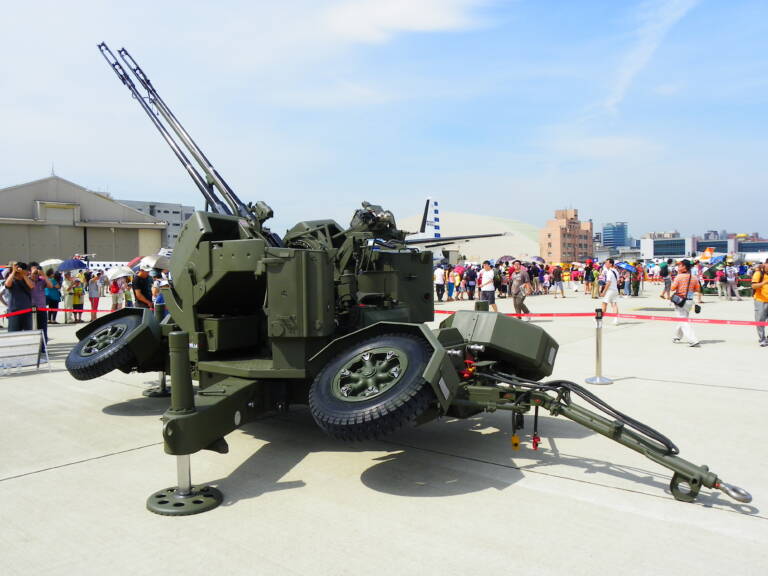Arms exports: Switzerland is not profiting from the war in Ukraine

If for the arms producers "As long as there is war there is hope", this saying does not apply to the producers of Swiss war instruments. As the Italian Swiss television RSI notes , sales of war material produced in Switzerland fell by 27% last year, despite the war raging in Europe and the commitment of many countries to increase defense spending. Why are Swiss arms manufacturers' sales declining when demand is growing?
The reason is simple: Switzerland is setting its arms production and exports on a strictly neutral basis, so not only does it not export to countries at war, but it prohibits its weapons sold abroad from subsequently being exported to countries at war. Swiss products cannot be re-exported to Ukraine. So they are not sold.
Fierce contrasts
Switzerland is therefore divided: on the one hand there are companies in the military sector who see the strict application of the principle of neutrality as a big problem for their growth and even their survival: at a time when more and more countries have obligations, direct or indirect , military, the re-export ban becomes an unacceptable win for buyers. So this sector pushes for its cancellation or redefinition.
However, associations in favor of the abolition of the army such as the Group for a Switzerland without an Army (GSsE) accuse the arms industry of crying wolf to obtain more liberal conditions for the arms market, which is currently strictly regulated. Last year, Parliament voted to ease restrictions on the export of war material in exceptional cases, if the agreements are deemed to serve the purposes of Switzerland's foreign or security policy.
Politicians are heatedly discussing another concession for the armaments industry. The proposal is to allow countries with similar principles to those of the Confederation to re-export Swiss-made weapons to war zones.
“It is worrying how quickly politicians react when the gun lobby complains,” GSsE Secretary Jonas Heeb said in a press release. “This puts profits before human lives.”
War material represents only 0.18% of all Swiss exports. Sales fell from a record 955 million francs in 2022 to 696.8 million last year, according to the State Secretariat for Economic Affairs (SECO).
However, SECO also highlighted that 2022 was marked by unusually large orders from Qatar, which was hosting the football World Cup, and Denmark.
Despite some peaks and declines in individual years, sales of Swiss war material have increased steadily compared to the 214 million francs recorded in 2000 (see graph).
External content
Furthermore, last year SECO issued new authorizations for arms sales operations worth 1.03 billion Swiss francs, almost 100 million more than in 2022. The value of these authorizations is converted into sales for export only once the operations have been completed, which usually occurs in subsequent years.
The main buyer, by far, of Swiss armaments is Germany, followed at a distance by Denmark, the United States, Saudi Arabia and Romania. Germany, the USA and Denmark are heavily involved in arms exports to Ukraine. So it is clear that the re-export ban is going to be a big problem for the Swiss industry. But you can't have your cake and eat it too, that is, say you're neutral and earn money from the sale of weapons.

Thanks to our Telegram channel you can stay updated on the publication of new Economic Scenarios articles.
The article Arms exports: Switzerland is not profiting from the war in Ukraine comes from Economic Scenarios .
This is a machine translation of a post published on Scenari Economici at the URL https://scenarieconomici.it/export-di-armi-la-svizzera-non-sta-approfittando-della-guerra-in-ucraina/ on Mon, 11 Mar 2024 17:22:48 +0000.
